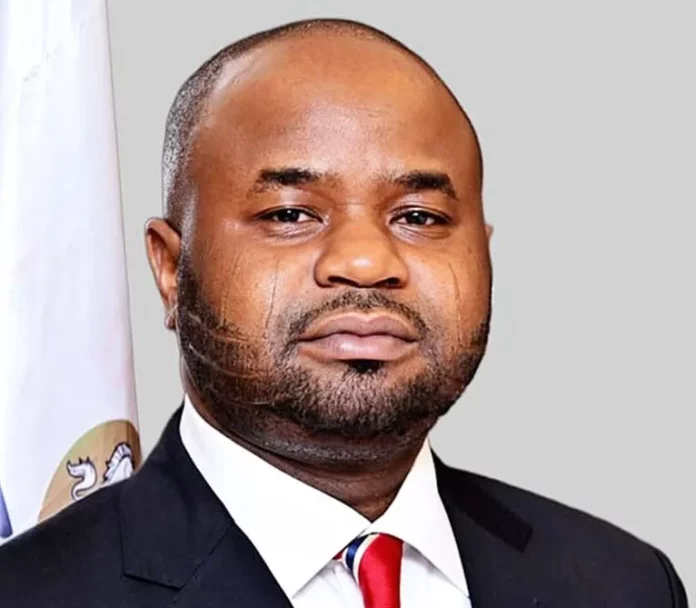A group of experts from Northern Nigeria has strongly supported the Tax Reform Bills proposed by President Bola Tinubu, claiming they will revitalise the region’s economy.
The experts spoke at a town hall meeting in Abuja, organized by 200 civil society organisations, where they rejected claims that the bills are harmful to the North.
Dr. Mustapha Abubakar, a chartered accountant and one of the key speakers, explained that the Tax Reform Bills aim to expand Nigeria’s tax base, improve compliance, and ensure sustainable government revenue.
“These bills are designed to have a positive impact on the northern economy,” Dr. Abubakar said. “They will increase government revenue, reduce poverty, and promote long-term economic growth and development.”
According to Abubakar, one of the major advantages of the reforms is their potential to boost revenue generation for state and local governments in the North.
A critical aspect of the reform is the proposed reduction in the federal government’s share of VAT distribution, from 15% to 10%, and the increase in the share for state governments, from 50% to 55%.
“This will mean more funds for development projects in the North,” Abubakar added. “It could improve infrastructure, education, and healthcare across the region.”
The reform is seen as a chance to address long-standing gaps in public services and development across Northern Nigeria.
Another significant aspect of the proposed tax reforms is the planned reduction in company income tax from 30% to 25% in two stages.
“This will make it easier for businesses to thrive in the North,” Abubakar explained. “We expect this change to encourage investment and job creation, which are crucial for economic development in the region.”
With a growing youth population and an increasing demand for job opportunities, the reform’s focus on boosting business activity is seen as vital for economic stability.
Barrister Maxwell Batusan, an expert from the Kano State Internal Revenue Service, also spoke about the positive effects of the reform.
He highlighted the Joint Revenue Board Establishment Bill, which aims to streamline tax administration and ensure a fairer distribution of revenue.
“The Joint Revenue Board will create better synergy between federal, state, and local governments,” Batusan said. “This is important for promoting equity and fairness in the way tax revenue is allocated across the country.”
In addition, the reform includes provisions that exempt small businesses with annual turnovers of N50 million or less from paying income tax. This exemption is expected to provide a boost to entrepreneurship and innovation in the region.
“Overall, these tax reforms have the potential to unlock the economic potential of the North,” Batusan said. “By encouraging investment, creating jobs, and improving infrastructure, these reforms can lead to sustainable development in the region.”
The town hall meeting, which was attended by representatives from civil society organizations and professionals, was chaired by Prof. Malfouz Adedimeji, Vice Chancellor of the African School of Economics.
In his opening remarks, Prof. Adedimeji stressed the importance of understanding the long-term benefits of the proposed tax reforms. He encouraged stakeholders to support the government’s efforts in creating a more balanced and equitable economic future for all regions of Nigeria.
The event was organized by the Coalition of Northern Civil Society Groups in collaboration with Concerned Northern Professionals. Both groups have been vocal in supporting the reforms and have urged the public to look beyond short-term challenges to see the long-term benefits.
Prof. Adedimeji noted that the tax reforms are not only a step toward economic growth but also a tool for reducing regional inequalities in Nigeria.
“These reforms are crucial for fostering national unity,” he said. “When every region benefits from a fair and efficient tax system, it helps promote peace and prosperity across the country.”

